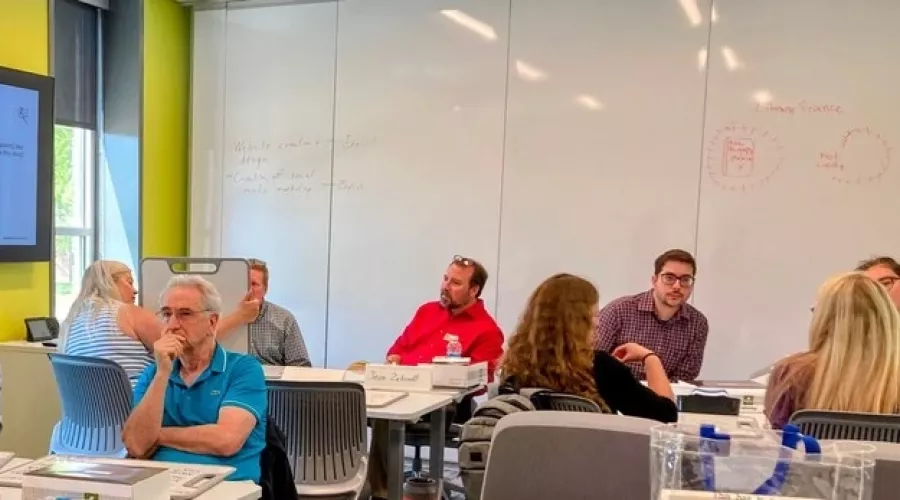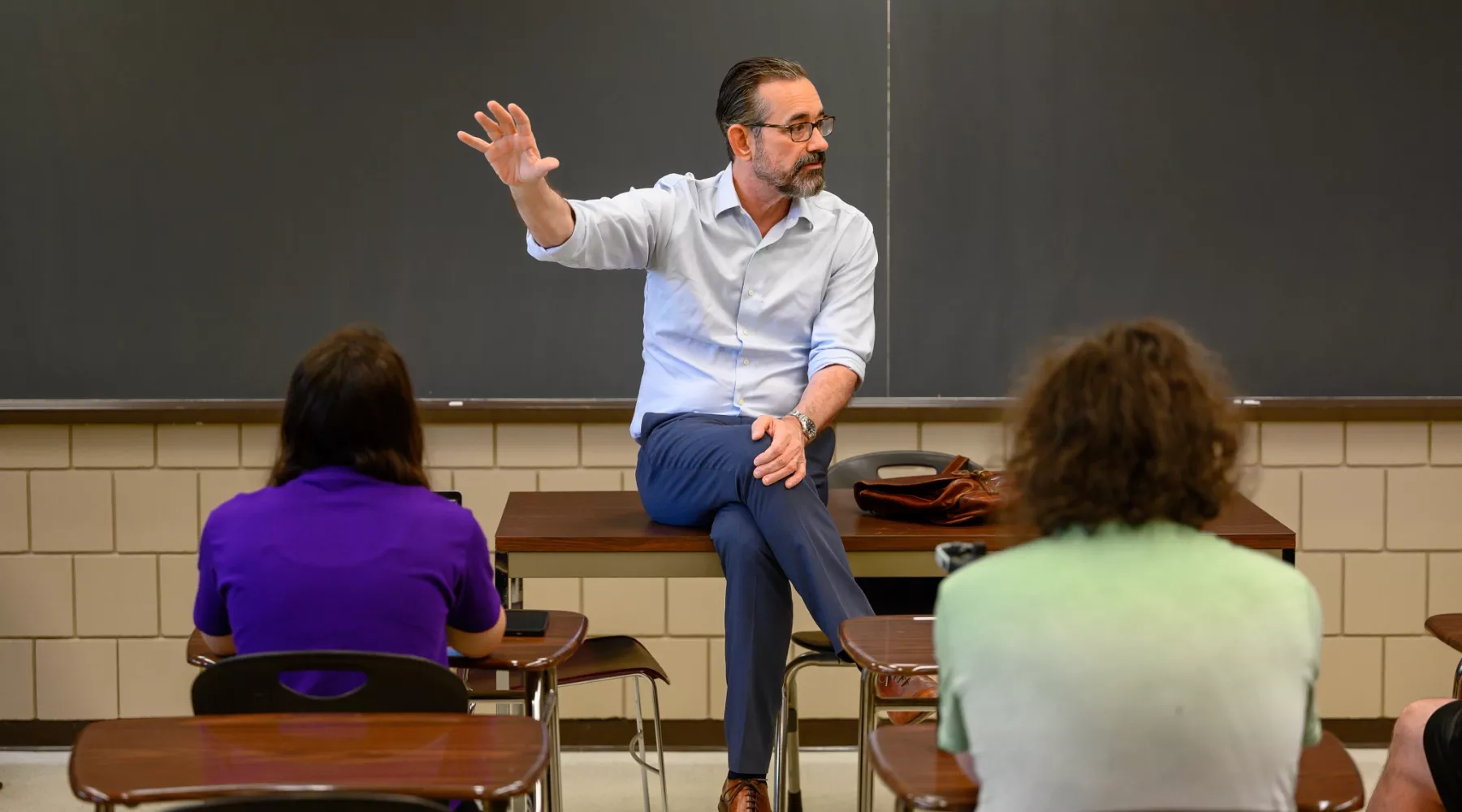
Faculty
Sidebar
The Center for Engaged Learning (CEL) encourages faculty to incorporate engaged learning into their courses. The CEL collaborates with the Delphi Center for Teaching and Learning and the Office of Community Engagement to support faculty in that work.
Image
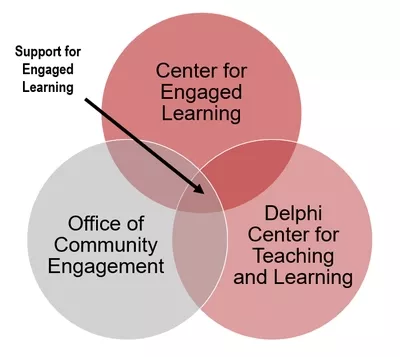
How can we help you?
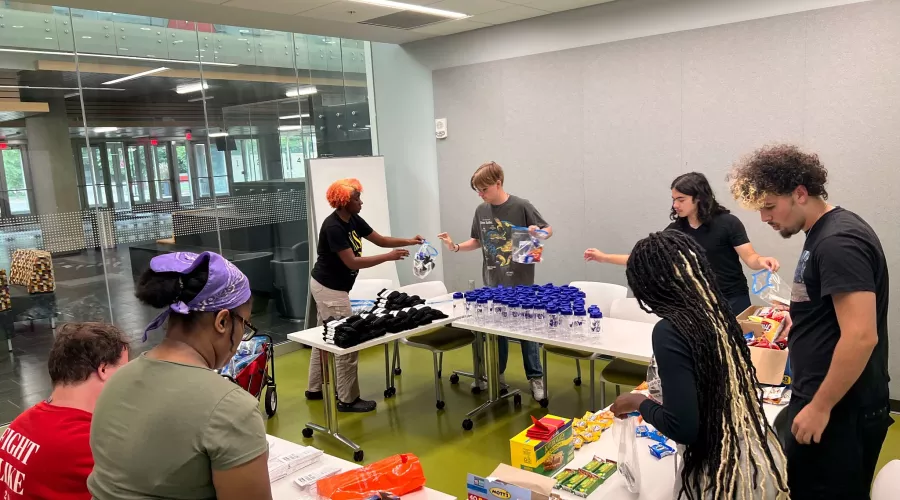
Office of Community Engagement
Provide support for conceptualizing and developing community-based learning courses
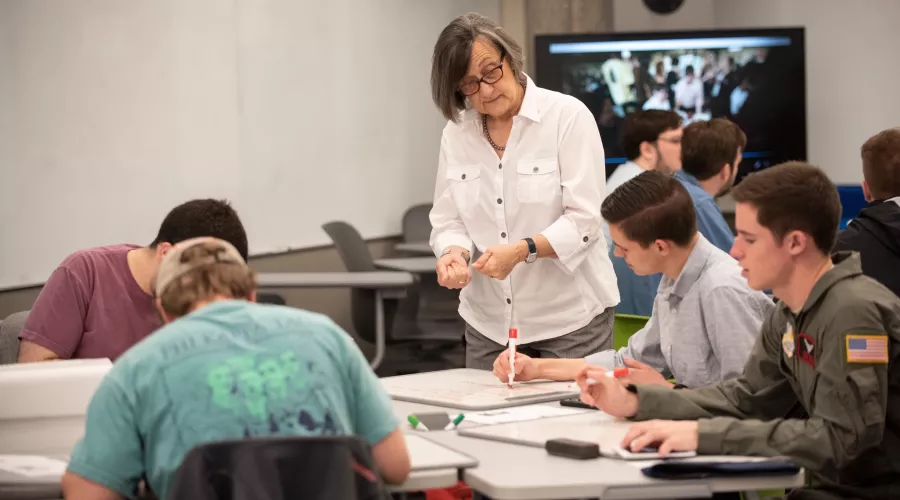
Delphi Center for Teaching and Learning
Supports faculty with course and curriculum design to promote engaged


